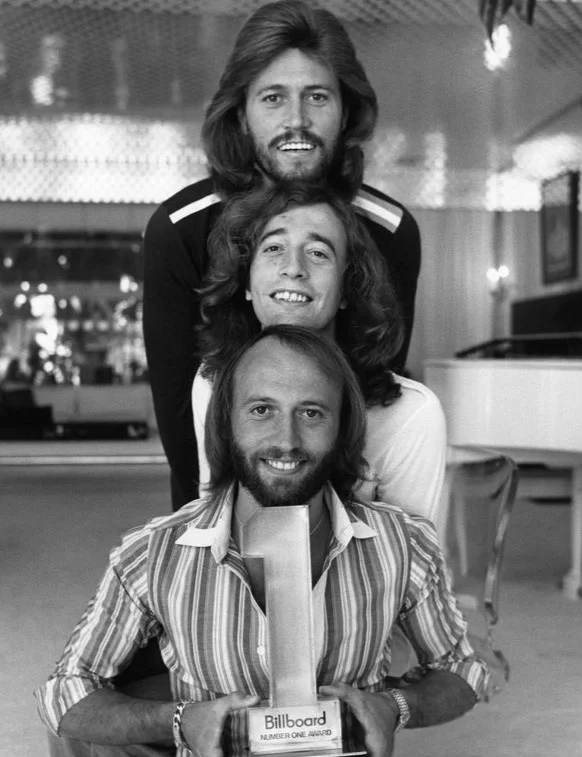The Matrix has you.
Whether you know it or not – and if we stick with the film’s analogy, there’s a good chance you don’t, you’re in the process of becoming dependent upon a form of virtual reality that could just drive you nuts.
So, here’s your red pill.
If you’re reading this, you’re online, which means you’re hooked up to our 21st century approximation of the Matrix, a mechanism that has supplanted our traditional sources of … you name it: shopping, news, entertainment, information. You get the idea.
You’re more likely to find a newspaper – minus the paper – on your computer screen than on your front doorstep these days. You find movie times online now, too, along with the movies themselves. Netflix, anyone? YouTube? Who needs a TV weatherperson when you’ve got weather.com? And who needs a book when you can download the text to your Kindle?
Despite pockets of resistance, the Internet has become so pervasive that it’s starting to look like Standard Oil at the turn of the 20th century. That company became so powerful, and society so dependent upon it, that the Supreme Court ruled it was a monopoly and broke it up into 34 separate companies.
We can’t do that with the Internet, which unlike Standard Oil, isn’t a single company. And it doesn’t work exactly the way a monopoly does. Unlike a traditional monopoly, hasn’t limited our options, it’s broadened them exponentially, providing access to more streams of information and entertainment than ever before.
Growing dependence
I love that about the Internet, and a lot of other people do, too, which is why it’s become so successful.
Yet in doing so, it’s also become nearly indispensable, and there’s the rub. Even as it has broadened the number of options at our fingertips, it’s narrowed our means of accessing them. The more brick-and-mortar stores close, the more we’re reliant on Amazon and its brethren. The more newspapers shift their focus online, the more we have to shift our focus there, too. The more “streaming” video becomes a thing, the more we rely on it for our entertainment. And so it goes, right on down the line.
National security experts long ago started worrying about our growing dependence on the Internet. Back in the days when MySpace was still a thing, they began warning that even warfare would shift from traditional battlefields to online cyber-skirmishes involving black hats, white hats and a whole new form of espionage.
Turns out they were right. Russian interference in our political process is merely the most blatant example of a problem that’s been simmering for a long time involving hackers on the one hand and security experts on the other, each trying to stay one step ahead of the other.
This involves continual – and rapid – change, something human beings aren’t always comfortable with.
Information overload
Yes, change is good, but constant rapid change puts people in a continual state of anxiety, slaves to a fight-or-flight response that feels like it’s always on the verge of kicking in.
Ever wonder why so many people resist moving away from fossil fuels and toward alternative forms of energy? It’s not because they like pollution or want climate change. It’s not even just about jobs or industries, although that’s a part of it. Fundamentally, it’s about security. We develop habits and, no matter how much we strive to embrace innovation, there’s a part of us that resists it for no other reason than “we’ve always done it this way.”
More to the point, we know how to do it this way.
There’s a tendency to dismiss resistance to change as backward or ignorant, but there’s far more to it than that. It’s a natural human defense against the kind of upheaval we’ve experienced as we’ve become more and more dependent upon the Internet – where rapid change is the rule rather than the exception.
We’ve moved out of the information age and into the age of information overload. I’m not just talking about the proliferation of choices the Internet has offered us. Those are, after all, still choices. There might be millions or even billions of websites out there, but we tend to find those we like and stick to them (insulating ourselves in the process from opinions that don’t gibe with our own, but that’s another story).
Not-so-brave new world
Still, we don’t always have a choice to shield ourselves from information overload, or the anxiety it causes.
One simple example: The demand that we continually change (and remember) multiple passwords as a means of shielding ourselves from identity theft, computer viruses, etc. It’s not like the old days, when you taught your child to remember his home phone number, which never changed unless you moved to a different city.










